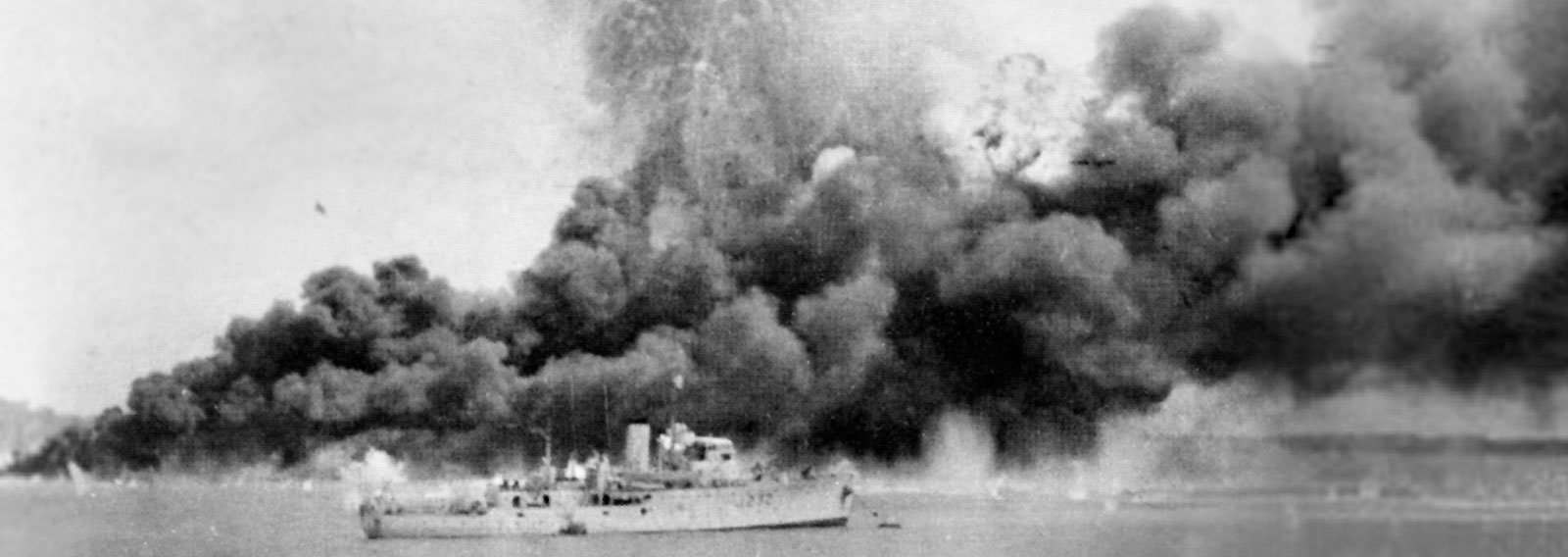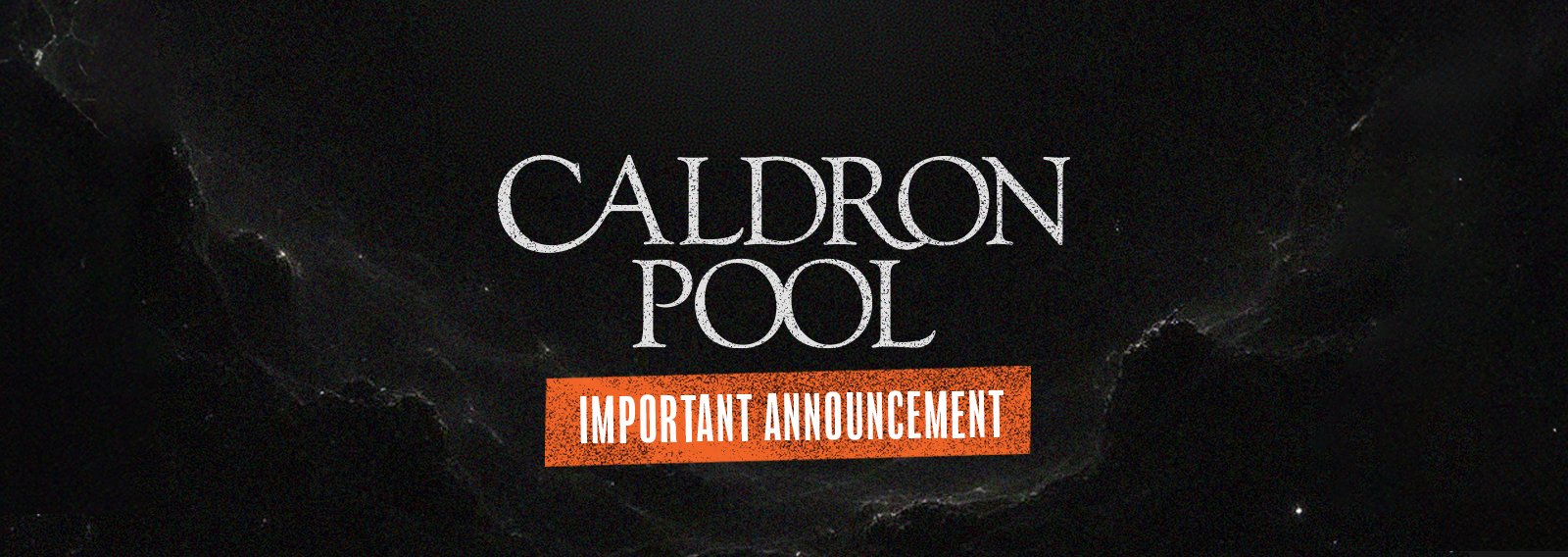In 1942, Darwin, a city in Australia’s Northern Territory was bombed in two air raids by the Imperial Forces of Japan.
This attack occurred just over two months after the attacks on Pearl Harbour.
Yet, the February 19th anniversary is not found firmly imprinted anywhere on the Australian remembrance calendar.

What could account for this is that the Government of the day downplayed the event through”censored and limited coverage, in order to protect public morale in the southern states of Australia.”
It is probable that this accounts for the limited awareness of the severity of the air raids in the contemporary Australian psyche.
As a nation, we do Anzac Day (April 25) well; we remember the cost of war; remember those left, those who sacrificed, and wrestle with our fair share of confrontations with the indifference of generations who forget why we mark these solemn anniversaries.
As such, it’s my firm view that the 19th of February needs to be marked as a national day of remembrance for Australians.
According to the archives regarding the events in Darwin, 1942:
“The two raids killed at least 242-3 people and between 300 and 400 were wounded (including members of the U.S military personal). Twenty military aircraft were destroyed, eight ships at anchor in the harbour were sunk, and most civil and military facilities in Darwin were destroyed…the intention was not invasion, but to disrupt the Allies using Darwin as a base for a counter-attack against the invasion of Timor.”
National Archives of Australia
The bombing of Darwin stands alone as the first big attack against the Australian mainland by a foreign nation.
In all, there were 64 air raids on Darwin. The final occurring on 12 November 1943.
Importantly, the Darwin bombing is not only about remembering how close the war in the Pacific came to Australian shores, it’s also a reminder of the rough road to reconciliation present in the relationship between post-WWII Australia, and Japan.
This is exemplified in an excellent 2010 production from the ABC program 7:30 N.T. The brief documentary outlines the event and the aftermath.
The dangers in Darwin harbour, when the time had come to remove the hazardous wrecks, would also have been crocodiles.
The highlight of this story is the Japanese salvage team. In particular, they used metal from the wrecks to forge crosses “as a sign of peace and reconciliation.”
It’s an example of the importance of remembrance, and how, in the process of that remembrance we are called back to the theology of the cross, not a theology of vainglory.





















